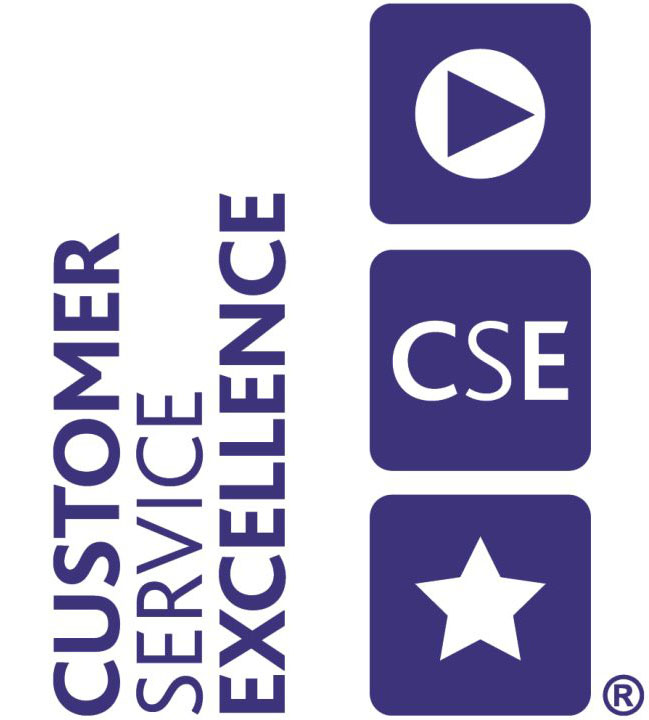Conflict resolution training
What is conflict resolution training?
Conflict resolution training equips individuals with the essential skills and understanding to effectively manage and de-escalate disagreements and disputes. This specialised instruction focuses on developing practical techniques for communication, negotiation, and mediation, enabling participants to navigate challenging interpersonal situations with greater confidence and professionalism. The aim is to foster positive outcomes and maintain constructive relationships, even when faced with significant differences in opinion or objective. Such training is crucial in various professional settings, particularly within the security sector, where high-pressure environments can often lead to heightened tensions. It teaches participants to recognise the early signs of conflict, analyse its underlying causes, and implement strategies that prevent escalation. By promoting a proactive approach, individuals learn to transform potential confrontations into opportunities for mutual understanding and resolution, thereby enhancing overall operational efficiency and team cohesion.
Mastering difficult conversations: techniques for de-escalation
Effective conflict resolution hinges on the ability to engage in difficult conversations constructively. This involves active listening, empathetic responses, and the strategic use of language to diffuse tension rather than exacerbate it. Participants in conflict resolution training learn to identify various communication styles and adapt their approach to suit the specific dynamics of a dispute, ensuring messages are received clearly and intentions are understood. Key techniques often covered include verbal de-escalation, non-verbal communication awareness, and structured problem-solving frameworks. These methods provide a robust toolkit for managing emotional responses, both one's own and those of others, and guiding discussions towards a mutually agreeable solution. The emphasis is on practical application, allowing individuals to practise these skills in simulated scenarios to build proficiency and resilience.
Building harmonious environments: the organisational impact
Beyond individual skill development, conflict resolution training contributes significantly to creating more harmonious and productive organisational environments. When staff are proficient in managing disagreements, workplace morale improves, and the incidence of prolonged disputes decreases. This leads to a more collaborative culture where issues are addressed promptly and respectfully, fostering a sense of psychological safety among employees. Organisations that invest in such training often experience reduced staff turnover, fewer formal grievances, and an overall enhancement in team performance. It empowers employees at all levels to take ownership of conflict situations, promoting a culture of accountability and mutual respect. Ultimately, it strengthens the organisation's capacity to adapt to change and overcome challenges by ensuring internal friction does not impede progress.

 Trustpilot
Trustpilot






























